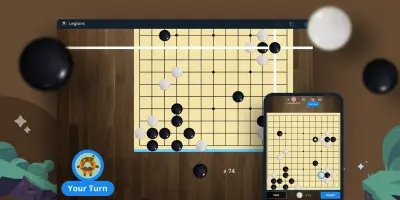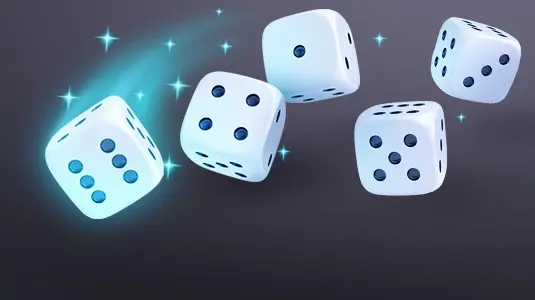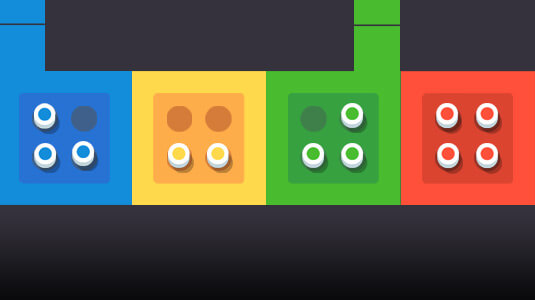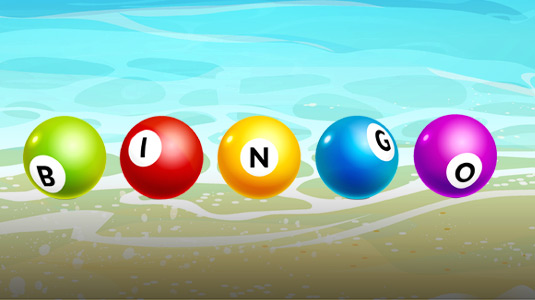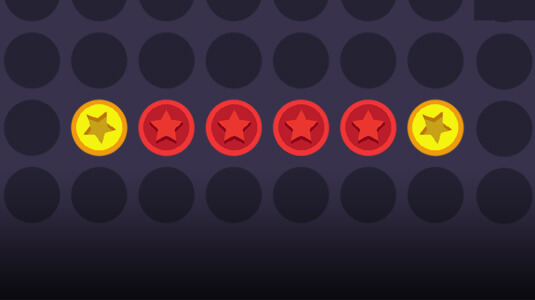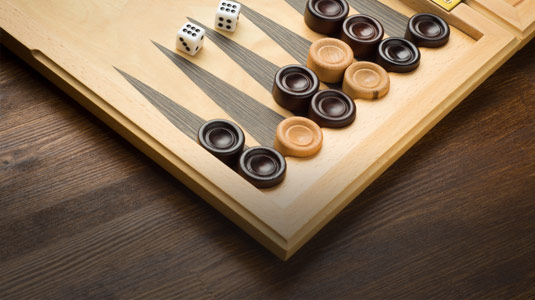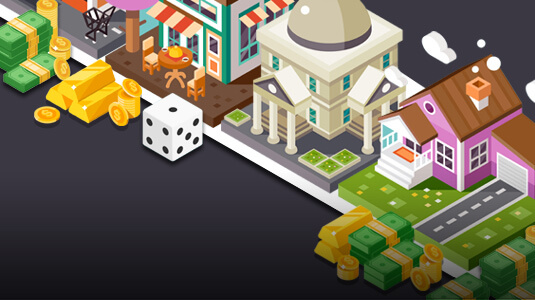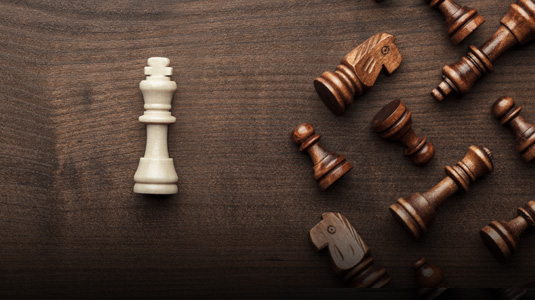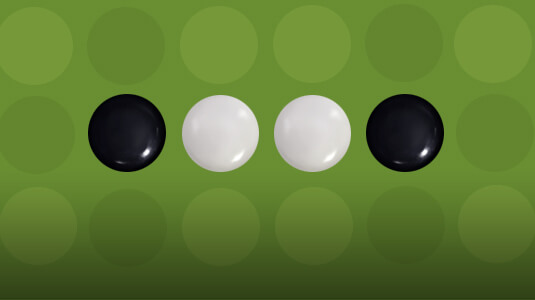 Go
GoBalance offense and defense, master the flow of influence, and turn the board into your masterpiece.
Play Go online with friends for free
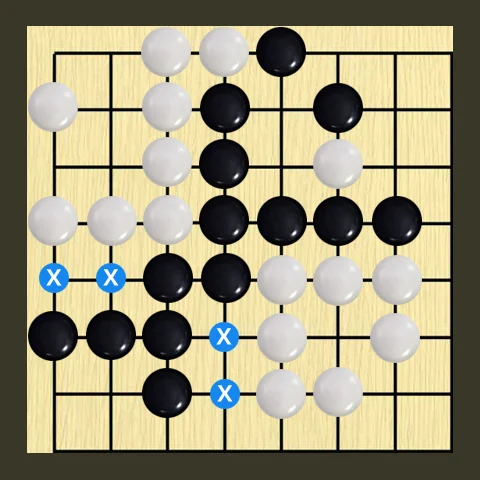
Counting & Winning
Players alternately play stones on any "neutral" points--intersections adjacent to both players' stones, also known as "dame" (pronounced DAH-MAY). Next, "dead" stones--ones that are not fully surrounded, but that would inevitably be captured if play continued--are removed from the board and added to the piles of prisoners. Finally, players add up their scores. A player earns one point for each vacant intersection surrounded by his or her stones--known as the player's "territory"--and one point for each prisoner he or she has captured. Whoever has more points wins.
In the position on the board below, the four points marked X are dame--worthless to either side.
After removing the dead White stone inside Black's upper right territory, Black has 7 points in the upper right, 2 points in the lower left, and 1 for the removed prisoner, for a total of 10. White has 5 points in the upper left, 2 in the lower right, and 2 for the captured Black stones, a total of 9. Black wins by 1 point (unless he or she is required to give White compensation, or komi, to offset the advantage of going first, as explained below).
If a player had to surround them completely, he or she would lose one point for each intersection that was filled in while surrounding them. In the previous example, Black would need to play two stones inside Black territory to remove the dead White stone in the upper right, changing the outcome of the game. Therefore, the rules allow players to simply remove dead stones after both players have passed and neutral points have been filled in.
Can I play online?
Yes. Install the Plato app on iOS, Android, or macOS to play the full catalog with friends or matchmade opponents. You can also play Ocho online in your web browser — no install needed.
Can I play with friends?
Yep. Tap Create Private Game, then share the invite link or invite from your contacts. When they tap Accept, they're seated at your table.
Is it free?
Yes — free to play and ad-free. If you buy something, it's for looks (themes, profile flair), not power.
Is it fair?
Shuffles, deals, dice, and timers run on Plato servers, not your device. Everyone plays by the same rules and no one can peek at hidden information.
Is it safe?
You can block and report from profiles or chat. Public spaces use filters and human review. Some rooms use Chat Pass to deter spam, and privacy controls let you limit who sees you online.
Live vs. turn-based: what’s the difference?
Both are turn-taking; the difference is the clock. Live uses short timers for quick back-and-forth. Turn-based gives you longer — often up to 24 hours per move in games like Chess — so you can play at your pace.
